Remixing is not just about altering someone else’s work; it’s a creative process that allows you to showcase your unique style. Creating a remix involves reimagining existing songs using your own vision and technical skills. Whether you’re sampling a popular track or remixing an underground gem, each remix presents an opportunity to connect with your audience in a fresh way.
To start your journey in remixing, you’ll need a few essential tools. A digital audio workstation (DAW) is crucial for production, allowing you to manipulate audio and add your personal touch. Understanding the legal considerations is equally important to ensure your remixes are well within copyright guidelines, sparking creativity without crossing boundaries.
Engaging with the music community can further enhance your remixes. Collaborating with other artists and sharing your work fosters growth and opens doors within the industry. Embrace the art of remixing, and let your creativity shine through your unique interpretations of existing tracks.


Key Takeaways
- Remixing combines creativity with technical skill to produce unique interpretations.
- Essential tools include a digital audio workstation for effective production.
- Connecting with the music community enriches your work and expands your opportunities.
The Art of Remixing
Remixing combines various elements of music to create a new version of an original piece. This process involves deep knowledge of music production techniques and an appreciation for creativity in sound design.
Understanding the Basics
To remix effectively, you must grasp the core components of the original track. Focus on isolating vocals, drums, and other instrumental elements. This may involve using music editing software to separate these parts.
Familiarize yourself with the structure of the song. Identify hooks, verses, and choruses that resonate. Always be aware of the track’s tempo and key signature, as this influences how elements will blend in your remix.
A solid understanding of mixing techniques is crucial. Balancing levels, applying effects, and ensuring clarity in sound will enhance the quality of your work. By mastering these basics, you lay the foundation for a successful remix.


Creative Aspects of Remixing
Creativity in remixing is about reinvention. You have the freedom to change arrangements, add new drums, or introduce additional melodic layers. Find ways to innovate while respecting the essence of the original track.
Exploring various genres can inspire fresh ideas. For example, transforming a pop song into a deep house track encourages new rhythmic patterns and textures. Always consider the emotional impact of your choices and how they contribute to the new version.
Utilizing sound design techniques can elevate your remix. Experiment with effects such as reverb, delay, or distortion to craft unique soundscapes. Think of vocals not just as lyrics but as instruments you can manipulate. This creativity is what makes each remix a unique interpretation.

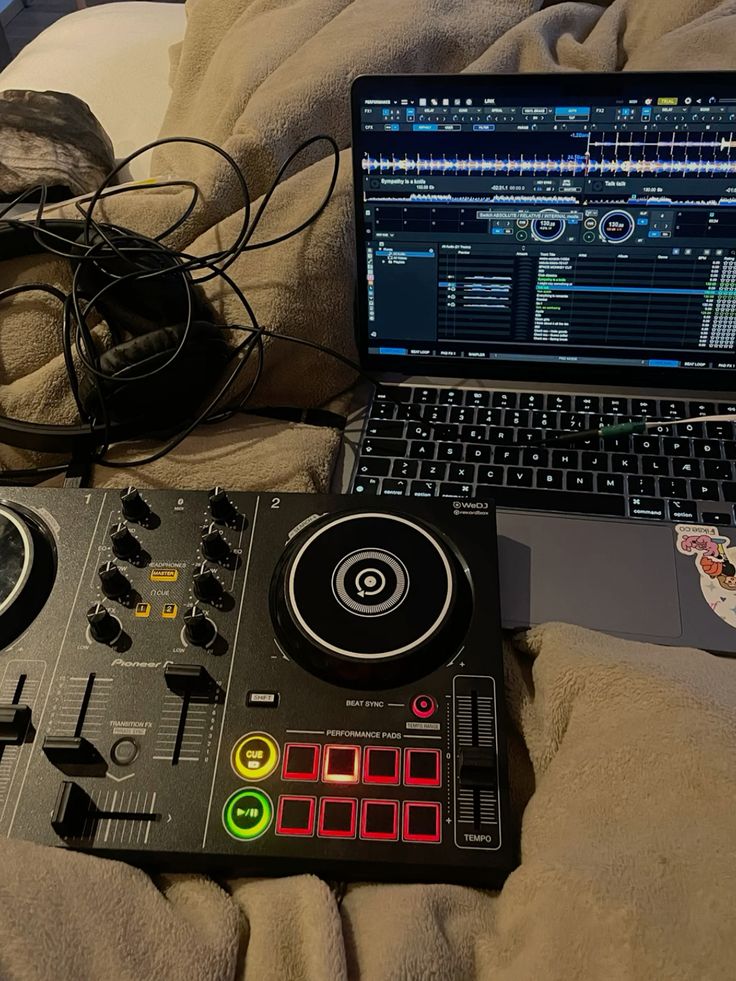
Essential Tools for Remix Production
To create an effective remix, you need to equip yourself with the right tools. By focusing on a reliable Digital Audio Workstation (DAW) and sound libraries, you can enhance your production process and achieve your desired sound.
Digital Audio Workstations
A Digital Audio Workstation (DAW) is fundamental for remix production. Popular options include Ableton Live, FL Studio, and Logic Pro. Each DAW has unique features tailored to different styles and workflows.
For example, Ableton Live excels in live performances and loop-based compositions, making it perfect for lo-fi and electronic genres. FL Studio offers an intuitive interface ideal for beginners, while Logic Pro provides extensive virtual instruments and effects suited for professional use. Choose the one that suits your needs.
Familiarize yourself with the DAW’s capabilities, such as audio editing, MIDI composition, and plugin integration. Knowing how to utilize these features effectively can streamline your remix workflow and enhance your creative possibilities.
The Role of Sound Libraries in Remixing
Sound libraries play a crucial role in remixing, providing you with a diverse selection of samples, loops, and sound packs. These resources allow you to infuse your tracks with unique elements. Whether you’re looking for vocal snippets or instrumental sounds, libraries can cater to your style.
Platforms like Splice and Loopmasters offer extensive collections suitable for various genres, including lo-fi and electronic music. You can find packs specifically designed for remixing, containing loops and one-shots that fit seamlessly into your project.
Incorporating high-quality sounds from these libraries can add depth and texture to your remixes. Always ensure that you have the proper licenses for any samples you use, especially if you plan to share your work on social media or other platforms.
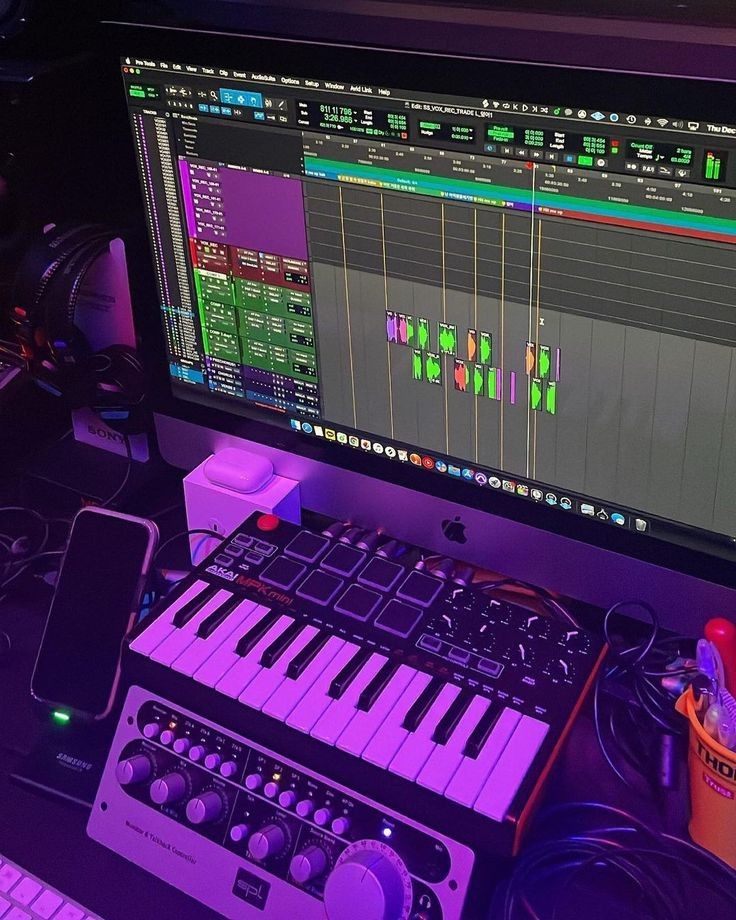
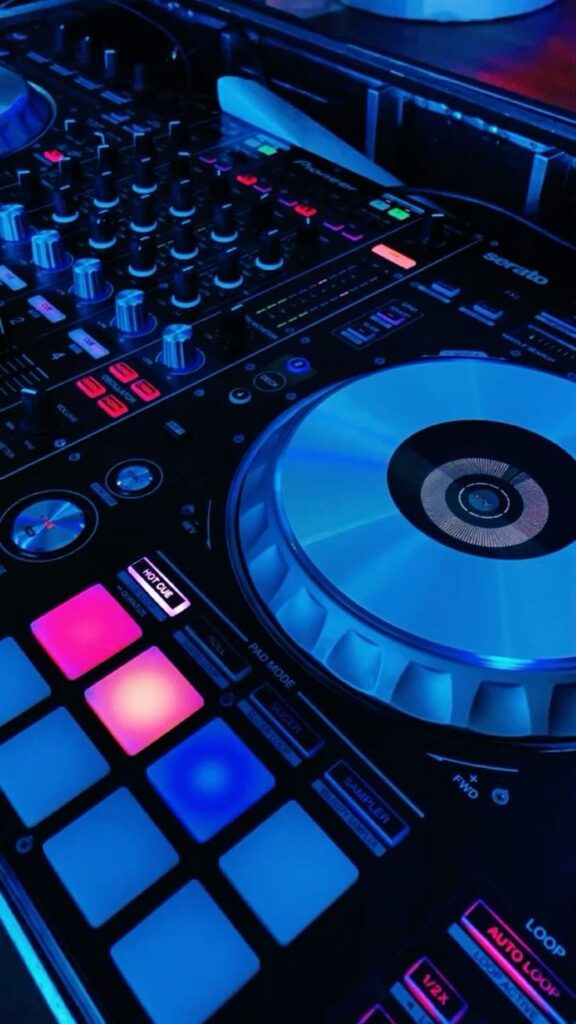
Navigating Legal Considerations
Understanding the legal landscape surrounding remixes is crucial for any creator. This section covers key aspects including copyright and the ethical implications of sampling.
Understanding Copyright for Remixes
Copyright laws protect original works, including songs and their underlying compositions. When creating a remix, it is important to recognize that the original song may still be protected. Obtaining permission from the copyright holder is often necessary.
Steps to Consider:
- Identify the Original Work: Determine the copyright status of the song you wish to remix.
- Seek Licensing: Explore options for licensing the original track. This could involve reaching out directly to the artist or their label.
- Fair Use: While some remixes may qualify for fair use, this legal doctrine is complicated. Assess whether your remix alters the original work significantly.
Ignoring copyright can lead to legal disputes and potential financial penalties. Always ensure that permissions are in order before distributing your remix.
The Ethics of Sampling
Sampling, a common technique in remixing, raises ethical questions. It involves using portions of existing songs in your new work.
Key Considerations:
- Respecting Original Artists: Acknowledge and respect the original creators. Consider how your work will impact their legacy and earnings.
- Transparency: Be clear about your influences and the sources of your samples. This practice fosters goodwill among artists.
- Attribution: Whenever possible, give credit to the artists whose work you sample. This promotes a sense of community and collaboration.
By thoughtfully addressing sampling in your remix, you not only protect yourself legally but also maintain a positive relationship with other creators in the music industry.
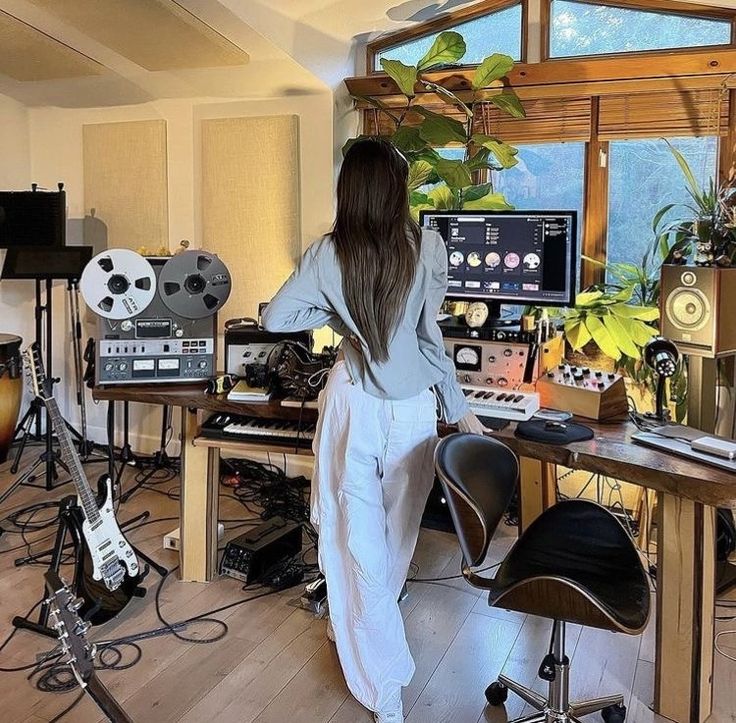
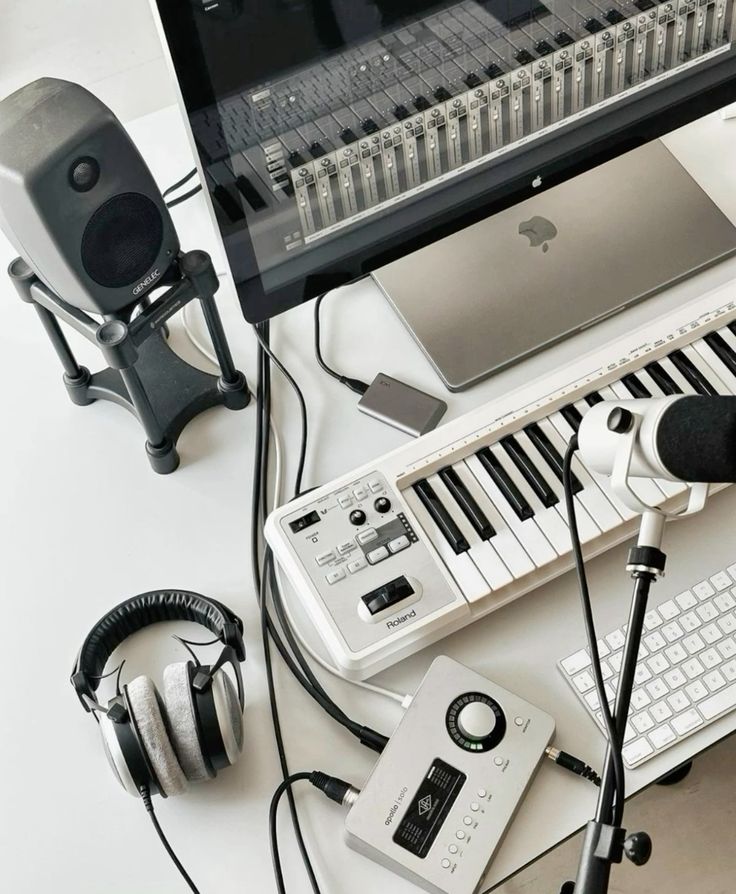
Engaging the Community and Industry
Engaging with both the community and industry is crucial for your success as a creator. Involvement in contests and networking can elevate your skills and expose your work to a wider audience.
Participating in Remix Contests
Remix contests are an excellent platform for showcasing your skills as a music producer. These competitions often provide stems from popular tracks, allowing you to create remixes that appeal to fanbases.
Many contests feature prizes such as cash, software, or industry recognition, which can enhance your credibility. To maximize your chances, focus on originality while maintaining the essence of the original track. Research previous winners to understand what resonates with audiences and judges alike.
Promoting your contest entries on social media can further increase your visibility. Use hashtags related to the contest and engage with fellow participants to build a network.
Collaboration and Networking Strategies
Collaborating with other artists is a powerful way to expand your reach. Identify DJs or musicians in your genre and reach out to discuss potential remix projects. Ensure your approach is professional and highlights what you bring to the table.
Networking strategies include attending industry events and participating in online forums. Leverage platforms like SoundCloud, Bandcamp, or specialized Facebook groups to connect with other creators. Share your remixes to invite feedback and foster relationships.
Don’t underestimate the power of social media. Regularly post updates about your projects, behind-the-scenes content, and collaborations to engage with your audience. Engaging actively will build a loyal following and attract industry attention.
- 12shares
- Facebook0
- Pinterest12
- Twitter0
- Reddit0


